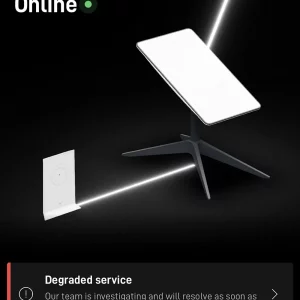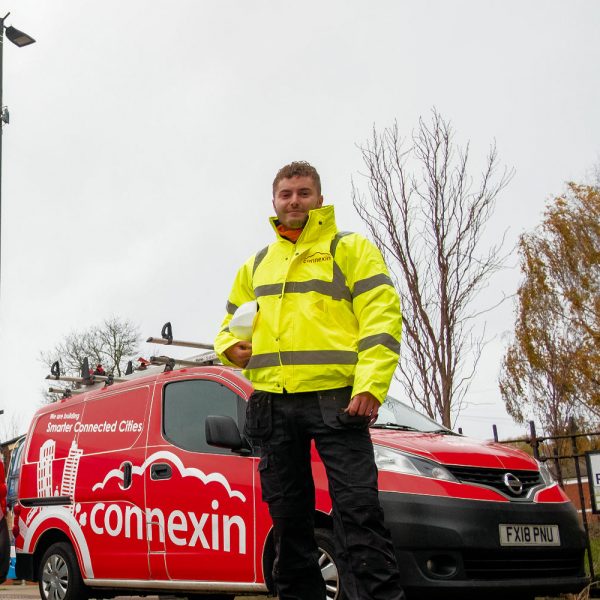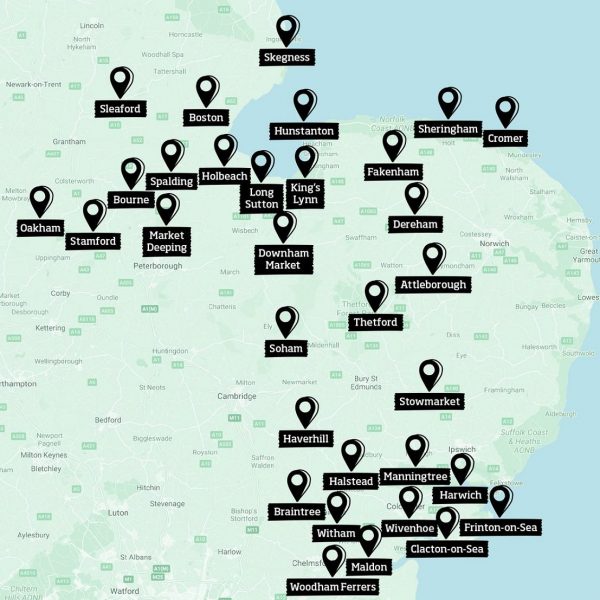Sponsored Links
OCP Next-Gen Broadband Could Widen Digital Divide
Posted: 09th Jun, 2008 By: MarkJ
In her first major speech since becoming the new Chair of the Ofcom Consumer Panel (OCP), Anna Bradley has warned that next-generation broadband solutions will need to do more than merely address the economic case for a commercial roll-out.
Speaking as co-host at an event on Next Generation Access broadband (NGA) with the Broadband Stakeholder Group (BSG), she warned that the digital divide could widen if those that only have access to slower services were excluded:
We couldn't agree more and it's refreshing to read that there is some common sense left in the industry, although meeting such ideals is another matter. Like or not, technology like this costs money, a lot of money, and you can't solve that with speeches alone.
The OCP has also published an interesting video that contrasts peoples experiences with slower connections to those that have faster links:
Happily both the government and other key industry organisations are currently trying to develop an action plan. We suspect that a strong mix of public and private funding will ultimately be required, although who will contribute and how much are still unknown.
The issue of technology must also be considered and many would prefer a robust fibre (FTTx) solution, yet that may not be economical for everything and wireless technologies could end up playing a greater role. Ultimately the benefits will out way the cost.
Speaking as co-host at an event on Next Generation Access broadband (NGA) with the Broadband Stakeholder Group (BSG), she warned that the digital divide could widen if those that only have access to slower services were excluded:
"It is imperative that we face the challenges of delivering a social dividend by looking at ways of delivering NGA to all corners of the UK, alongside making the economic case for commercial roll out.
If we are imaginative and utilise a mix of private and public business models, we could ensure the current digital divide is addressed and not deepened; giving those consumers currently excluded from first generation broadband the potential to leapfrog this technology and move straight to next generation.
Some of the services that could become available include: telemedicine and other tools that would support assisted living at a distance, making it possible for people to stay in their own homes as they get older; two-way video conferencing enabling business meetings where more people can work more efficiently from home.
The internet has already brought about a revolution in informing citizens, NGA will allow us to break out of the current formal education structures and introduce new ways for people and teachers to access education materials and help life-long learning.
We have a choice. Let's make the right one for all consumers and citizens." Anna Bradley said.
If we are imaginative and utilise a mix of private and public business models, we could ensure the current digital divide is addressed and not deepened; giving those consumers currently excluded from first generation broadband the potential to leapfrog this technology and move straight to next generation.
Some of the services that could become available include: telemedicine and other tools that would support assisted living at a distance, making it possible for people to stay in their own homes as they get older; two-way video conferencing enabling business meetings where more people can work more efficiently from home.
The internet has already brought about a revolution in informing citizens, NGA will allow us to break out of the current formal education structures and introduce new ways for people and teachers to access education materials and help life-long learning.
We have a choice. Let's make the right one for all consumers and citizens." Anna Bradley said.
We couldn't agree more and it's refreshing to read that there is some common sense left in the industry, although meeting such ideals is another matter. Like or not, technology like this costs money, a lot of money, and you can't solve that with speeches alone.
The OCP has also published an interesting video that contrasts peoples experiences with slower connections to those that have faster links:
Happily both the government and other key industry organisations are currently trying to develop an action plan. We suspect that a strong mix of public and private funding will ultimately be required, although who will contribute and how much are still unknown.
The issue of technology must also be considered and many would prefer a robust fibre (FTTx) solution, yet that may not be economical for everything and wireless technologies could end up playing a greater role. Ultimately the benefits will out way the cost.
Search ISP News
Search ISP Listings
Search ISP Reviews
Latest UK ISP News








Cheap BIG ISPs for 100Mbps+
150,000+ Customers | View More ISPs
Cheapest ISPs for 100Mbps+
Modest Availability | View More ISPs
Latest UK ISP News
Helpful ISP Guides and Tips
Sponsored Links
The Top 15 Category Tags
- FTTP (5572)
- BT (3526)
- Politics (2549)
- Openreach (2308)
- Business (2279)
- Building Digital UK (2250)
- FTTC (2049)
- Mobile Broadband (1987)
- Statistics (1796)
- 4G (1676)
- Virgin Media (1634)
- Ofcom Regulation (1472)
- Fibre Optic (1405)
- Wireless Internet (1399)
- FTTH (1382)
Sponsored
Copyright © 1999 to Present - ISPreview.co.uk - All Rights Reserved - Terms , Privacy and Cookie Policy , Links , Website Rules






























